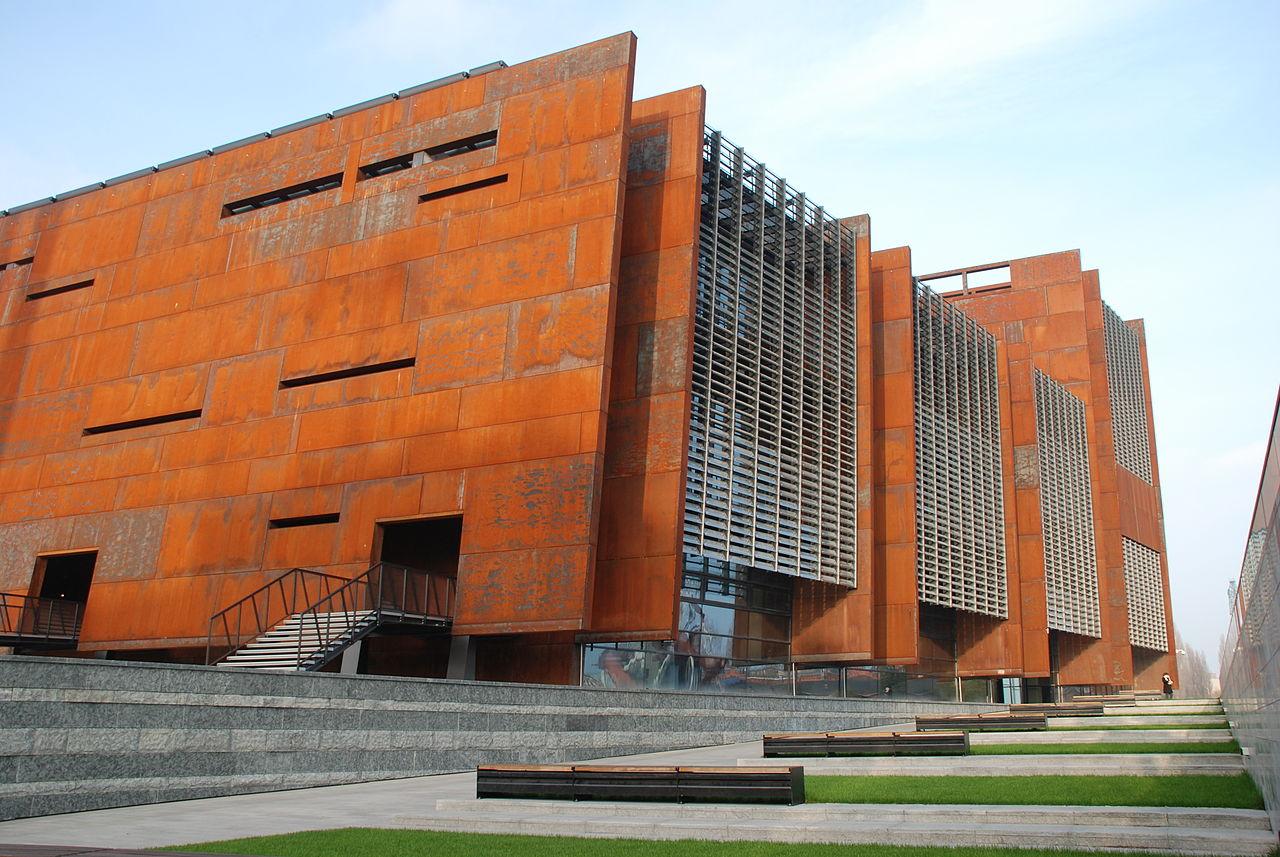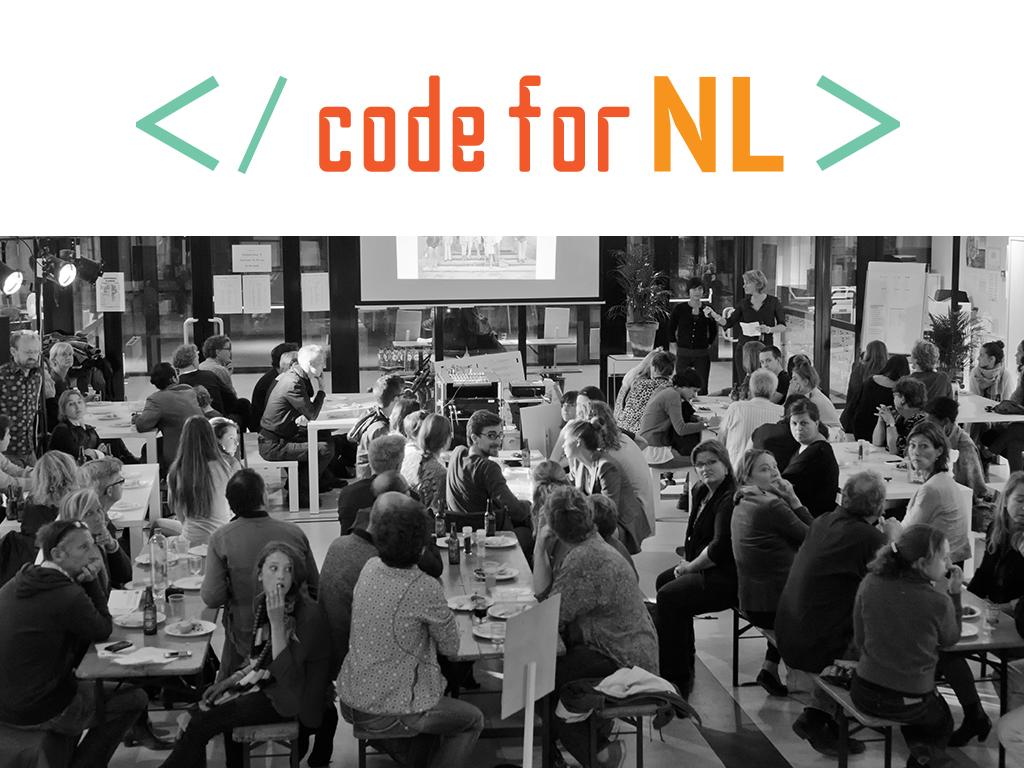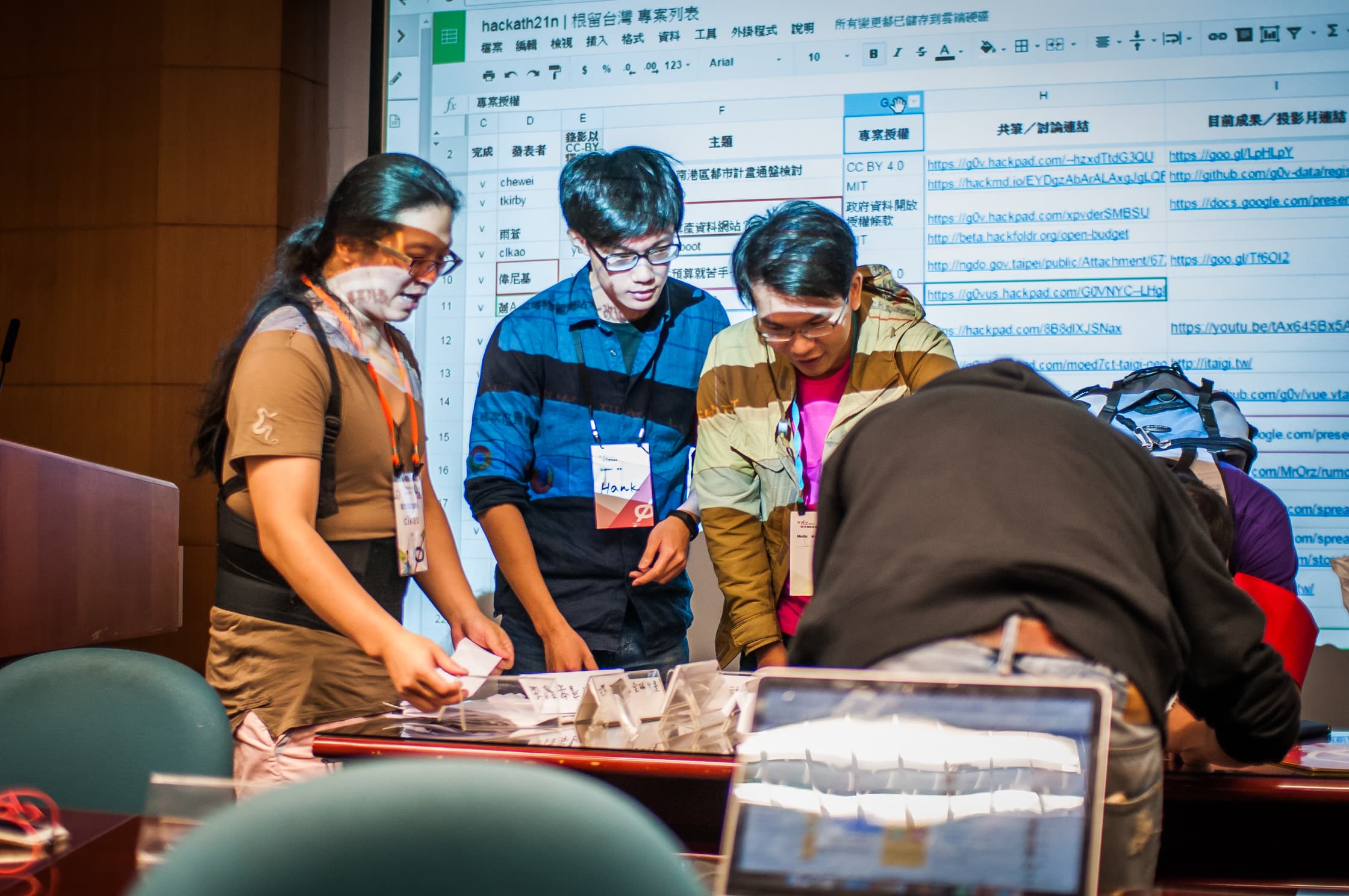In Gdansk, ‘the city of freedom’, is not just a hollow catchphrase. More than 35 years ago, this city was the birthplace of the shipyard trade union that grew out to be an important Soviet dissident: the Solidarity Movement, led by Lech Walęsa. Supported by the CIA, Walęsa became the first post-Soviet president in a free Poland.
With this legacy in mind, Gdansk was this year’s host of the Personal Democracy Forum, where technology, politics, democracy and civic life are topics for debate. The focus for this year: re- & disconnecting citizens. A perfect opportunity for multiple Code for all-programs all over the world to get together and discuss their experiences at the heart of the civic tech community.
Code for...
With 'Code for' delegates from The United States, South Africa, Germany, Poland, Australia and Pakistan, Code for NL was in good company to exchange some interesting best practices and experiences. With such a variety of nationalities, cultural differences between civic tech communities were easy to detect. In Germany, for example, Code for Germany coders and programmers are very anxious on working with corporates. This is linked to the social activist type of hacker’s community that is connected to these programs. Experiences from The States tell us that the Code For America program successfully ‘used’ big government failures like the enrolment for Obamacare to plug the importance of smart coders in government technology projects nationwide.
After a constructive day of 'Code for' meetings, the Gdansk European Solidarity Centre was stage for the Personal Democracy Forum (PDF). A day full of talks about democracy and the consequences that new technologies bring for our governments, journalists and societies. Where programs like Code For All are more designed to improve the performance of our governments using the civic tech community, the forum focused slightly more on the role of the internet as a place for free information and dismantling government corruption.
Investigative journalism
This focus brought to stage some inspiring examples like BellingCat, an online investigative journalism platform, which proved the Russian interference in Ukraine and the MH17 crash, with open data found on Google Maps, Streetview and ‘dashcam’ clips on YouTube. Or StopFake, a platform that also ‘struggles against fake information about events in Urkaine’.
The PDF also reserved some time for more scholarly approaches by professors from the University of Prague and the Unit for Social Innovation and Research – Shipyard. These men pointed at the role of journalism in democracy and the changing media systems that influence these. With disappearing newspapers as classic controllers of politicians, these talks were ended with a call for well-trained journalists and more independent media.
Civic tech
Other talks were more civic tech-related. Like Rebeca Rumbul, head of research at MySociety, who pointed out the importance of user driven design in civic tech projects, to improve governments performances and increase trust within citizens and their political leaders. The charismatic executive director of Code For America, Jennifer Pahlka, closed the talks with the argument that the performance of government is closely linked to the trust we all have in our leaders. The promise of tech hasn’t met our expectations yet, but if we keep on improving government performance from the inside and make government more transparent, citizens and government can reconnect!
The United States, European Union and the Council of Europe all criticized Poland past months on some sensitive topics like media control and distribution of power. But at the PDF in Gdansk, many people showed that the civic tech movement, combined with free online investigative journalism is more vibrant than ever!


